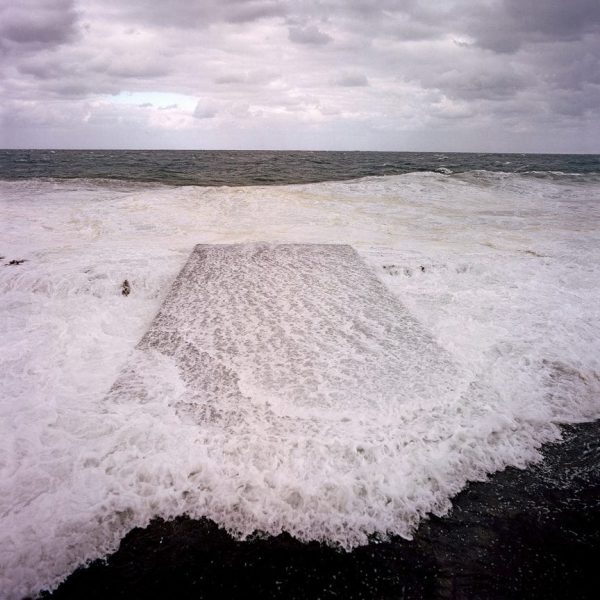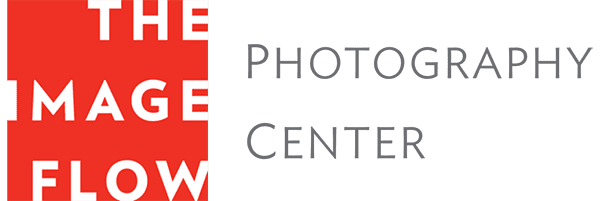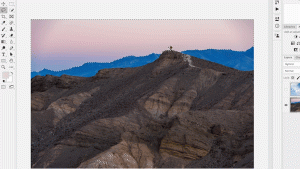
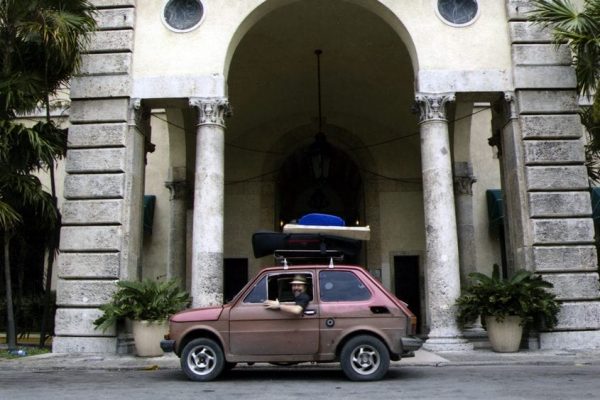
Jock McDonald went to Cuba for the first time in 1990 with Bernardo Gonzalez, the son of Mexican Minister of Culture Juan Francisco Gonzalez. The elder Gonzalez had had become somewhat of a mentor to Jock on Latin American culture after giving him his first retrospective show in Mexico. “Juan Francisco said to me, ‘You’ll never understand Latin America if you don’t understand Cuba,’” Jock recalls.
“But he said, ‘I’m not going, I’m married. I’m going to have my son take you.’ I will never forget the look in his son’s eyes, the look that said, ‘I’m not taking a gringo to Cuba!’” Jock laughs.
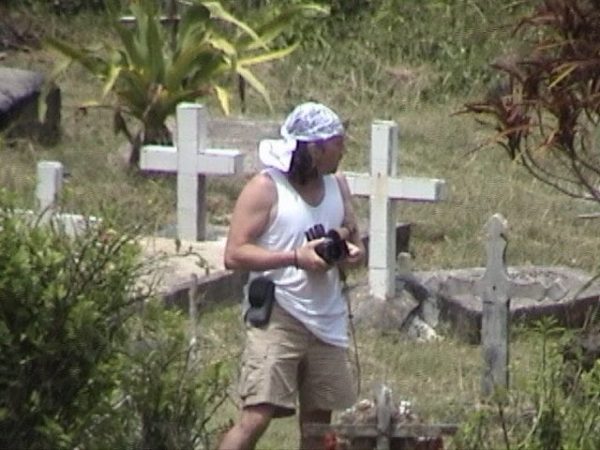
They went for two weeks and drove around the island. It was during the “Special Period” in Cuba, when the Soviet Union had stopped pouring massive amounts of money into the tiny island nation. “There were no jobs, no money, no gasoline—people were starving. It was a really bad time,” says Jock.
“When I got into Cuba that first trip I was actually frightened to be there. It felt dangerous. Like I was in harms way,” he says. There was a strong military presence—in Cuba, the military and the police are the same thing.
Nothing bad did happen, but Jock said the feeling of desperation was palatable. “You could see it in their faces. It felt like there could be a revolution. I’ve been going back ever since.”
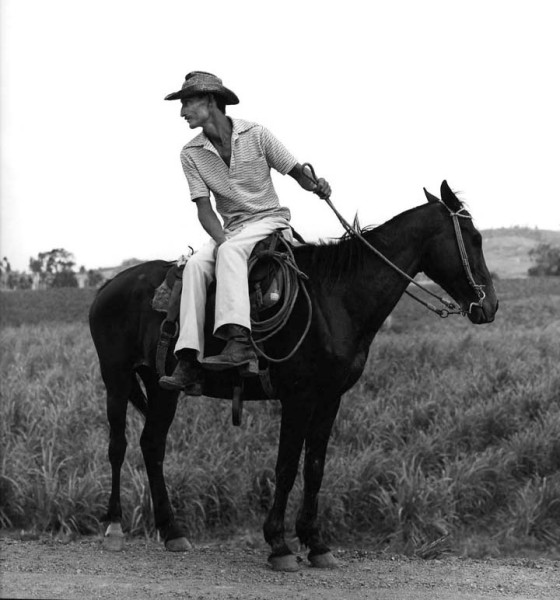
Jock says Cubans, like many citizens of communist countries, have two personalities: One is the political personality—that they’re pro-revolution—and the other is their private personality, which is what they really think of what’s going on. In those days, if a Cuban told you what they really thought of what was going on, they were really putting themselves in harm’s way: They could be turned in to the authorities by you or by someone that overheard the conversation for saying they were against the revolution.
To have a private conversation with a Cuban is a sign that they really trust you. “When you have a friend in a Cuban, they will literally give you the shirt off their back—and they don’t have enough to give but they do.”
What Jock also likes about Cuba is the lack of cell phones and Internet—although that’s rapidly changing. “When you’re with playing dominoes or hanging out with someone, you’re really with them and they’re with you. I love that.”
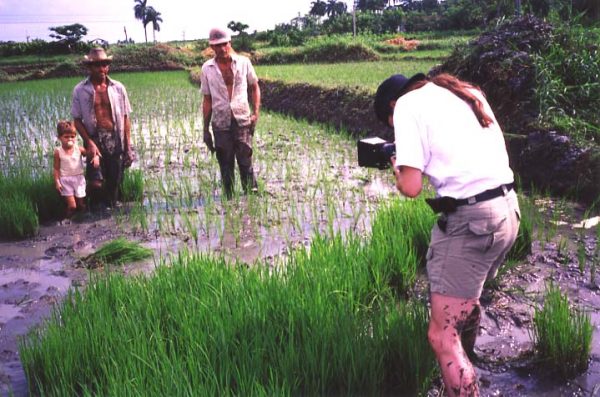
Before he went to Cuba, Jock’s personal work (he is also a commercial advertising photographer and television director) had to do with making portraits of farmers; a project that he says allowed him to get back to the roots of photography—just a camera, with natural light, capturing a moment. In Cuba, a country where he didn’t speak the language, he found that manipulating his portraits was that much more difficult; he says learned to take what he saw.
In the 25 years since that first trip, Jock estimates that he has been to Cuba around 50 times. In the beginning, he went once a year. Now he goes several times per year leading highly individualized and specialized workshops, sometimes for a small group, sometimes for a single photographer. He’s taken photographers working on a variety of projects, from the Cuban transgender scene, to the kitchens of Havana. “You can’t do that when you go on a big tour,” he says.
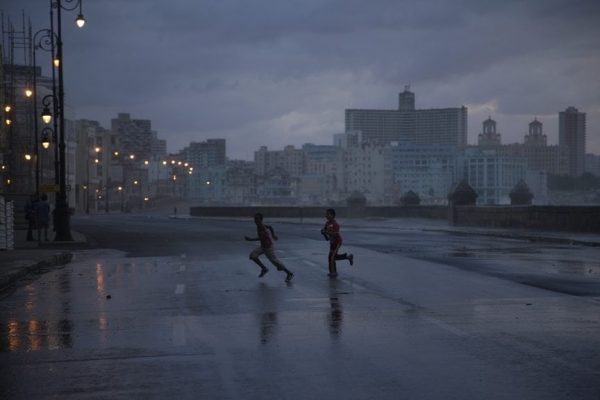
But what he works on when he goes on his own, is water. “When I go I just photograph the water and the seas. It’s a project I’ve been working on for years now, which I call Liquidity.” Jock says that there’s nothing particularly different or interesting about the water in Cuba, it’s that when he’s in Cuba, he’s different. “I’m not distracted by the bombardment of modern life, by the text and the emails. “When I’m in Cuba, I have the opportunity to take the time to look at the water.”
Jock McDonald will join The Image Flow’s Stuart Schwartz in leading two workshops to Cuba in 2016: A Cuban Vision of Cuba February 1 – 7 and The Havana Highway: Rum, Cars & Cigars February 10 – 16.
